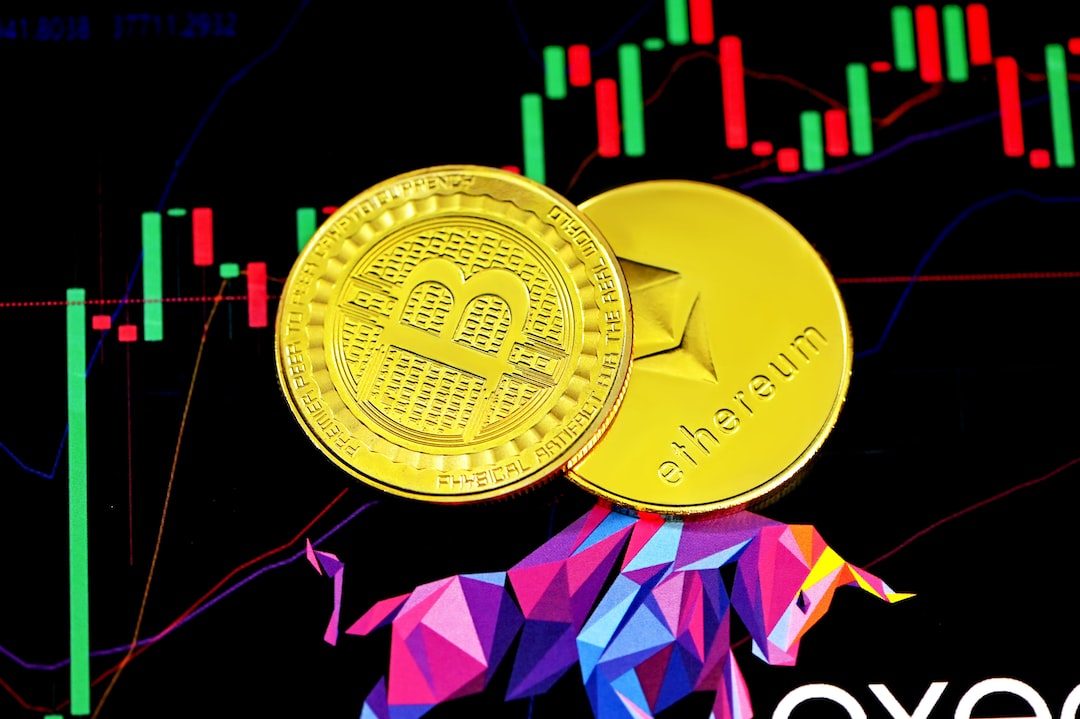PYUSD Stablecoin Faces Slow Adoption
A recent report has revealed that PayPal’s PYUSD stablecoin has experienced limited adoption since its launch. The crypto community has shown skepticism towards using the new stablecoin for daily crypto payments and instead prefers established competitors like USDT and USDC.
PayPal’s Transparency Report
PayPal, a global payments giant, published a transparency report on its stablecoin, PYUSD. The analysis of the report suggests that PYUSD may not be achieving the desired adoption rates set by PayPal and Paxos, the stablecoin issuer.
Introduction of PYUSD Stablecoin
On August 7, PayPal introduced PYUSD, a stablecoin backed by the US dollar. The goal was to expand stablecoin offerings and promote the use of crypto payments among users, consumers, and merchants on PayPal’s financial platform worldwide.
Limited Presence in the Market
Despite being associated with a major player in the payments industry, PYUSD remains a relatively small participant in the cryptocurrency market compared to Tether (USDT) and USD Coin (USDC).
Slow Adoption Rate
An analyst from Kaiko, Desislava Aubert, noted that although PYUSD is listed on well-known exchanges like Coinbase and Huobi Global, its adoption rate has been slow, resulting in low daily trade volumes. This indicates a lack of demand for the stablecoin.
PYUSD Stablecoin Details
The Paxos Trust Company issued the PayPal USD stablecoin in August. It holds $45.3 million in assets supporting PYUSD, with over $1.5 million in cash deposits. Most of its reserves, approximately $43.8 million, are collateralized with US Treasuries through reverse purchase agreements.
Subpar Adoption Rate
Currently, PYUSD has a market capitalization of $44 million, suggesting that its adoption rate has been below expectations. It has struggled to capture and retain the attention of the crypto community.
Preference for Top Stablecoins
The limited acceptance and adoption of PYUSD may be due to its status as a relatively new stablecoin. The stablecoin market is already saturated with established cryptocurrencies like USDT and USDC. Consequently, many crypto investors choose these top stablecoins for their transactions due to their reputation for reliability and sustainability.
PayPal’s Commitment to Cryptocurrency Ventures
Despite PYUSD’s slow adoption, PayPal remains committed to its cryptocurrency endeavors. The company has expanded its operations globally and leverages its trusted brand name in the financial services industry to promote crypto adoption and awareness in different countries.
Hot Take: PYUSD Struggles to Compete with Established Stablecoins
The introduction of PayPal’s PYUSD stablecoin has not gained significant traction within the crypto community, leading to sluggish adoption rates. This can be attributed to the dominance of well-established stablecoins like USDT and USDC, which have built trust and reliability over time. Despite this setback, PayPal continues to pursue its cryptocurrency initiatives worldwide, using its reputation as a trusted financial service provider to drive crypto adoption.





 By
By
 By
By
 By
By
 By
By
 By
By